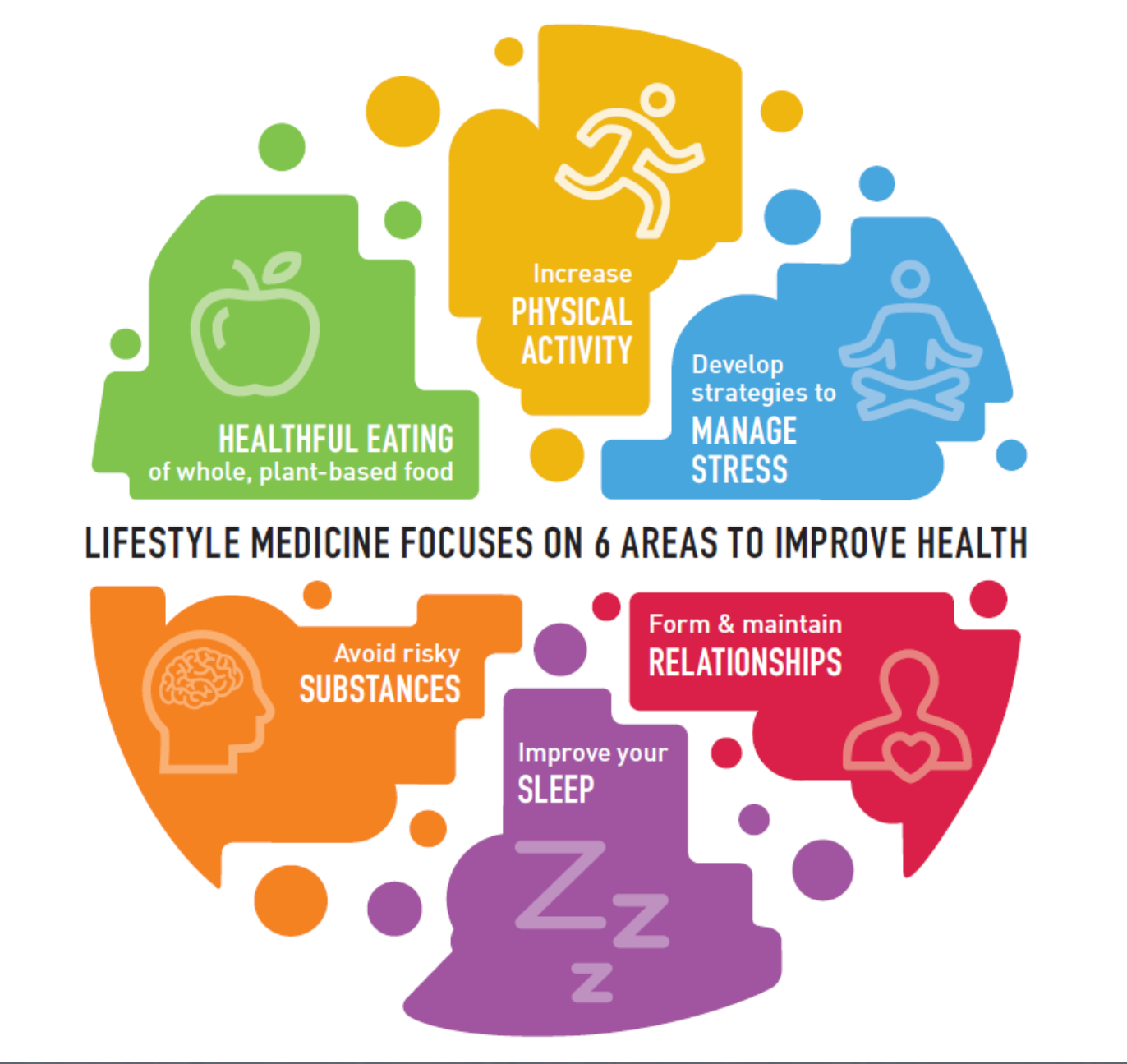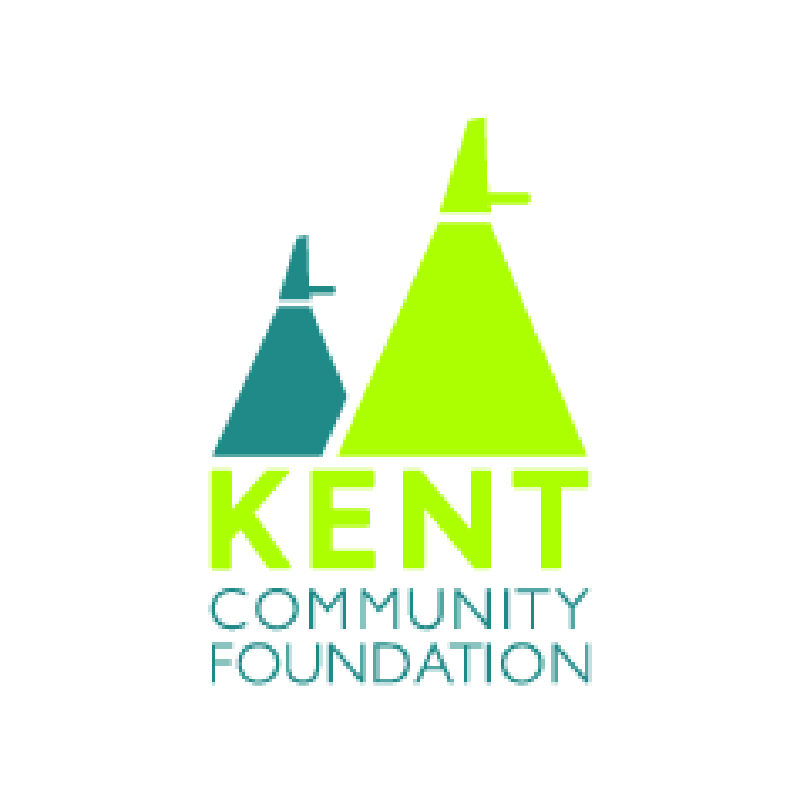
As our NHS is trying to keep up with demand, waiting lists increasing and services under immense strain, there is a growing body of health professionals that are incorporating lifestyle medicine into their practice.
Lifestyle medicine is an approach to health that focuses on changing lifestyle habits which can help prevent treat and even reverse chronic diseases such as Type 2 Diabetes.
Lifestyle Medicine is based on 3 principles:
1)The 6 pillars of health which are:
Healthy eating
Mental well-being
Healthy relationships
Physical activity
Minimising harmful substances
Sleep
2) Educating and supporting people to make positive changes to lifestyle choices without blame.
3) Acknowledging the need for action on the social and economic effects on community health.
Lifestyle medicine is about working with the individual or a group, addressing their health and well-being needs and inspiring action with lots of support.
The British Society of Lifestyle Medicine is made up of healthcare professionals that are committed to this approach to healthcare.
Reframing health, listening and focusing on the individual, encouraging positive behaviour change which will then improve the health of the community.
Lifestyle Medicine is research and evidence based.
The British Society of Lifestyle Medicine have just held their annual three-day conference in London.
The conference offered a perfect opportunity to connect with other professionals and to see and hear what is going on around the UK and the world, with speakers from different parts of the UK and from Australia Africa and Asia.
Some of the many subjects discussed and presented included: the pros and cons of a sugar tax, creating health policies, behaviours during the pandemic, ageing, dementia, behaviour change and the emerging research and evidence around gut health in relation to depression, anxiety and chronic diseases.
There were talks given by Professors of health that are researching the relationship between lifestyle choices and food choices in relation to the prevention of cancers, also treatment of cancer and the outcomes.
Evidence around the importance of well-being in the workplace, the positive outcomes of having group consultation for diseases like diabetes, cardiovascular disease and long Covid were presented and
there was much attention given to policies that are being developed in relation to the menopause… all very interesting and exciting.
There are also many research projects going on around the country helping people that are on NHS waiting lists to improve their health, with some data showing people no longer needing medication or operations after lifestyle medicine had been implemented.
It was an inspiring and very energising three days.
Many of the projects presented were GPs working with Health Coaches, Social Prescribers, Volunteers and Community projects, listening to the needs of the community and all working together to meet these needs.
Creating awareness of your own body and what goes on in it and how you can give it the best care is becoming a very important concept within healthcare that can only have a positive outcome.
Revival is very much hoping to be at the centre of providing a service like this to our Whitstable community.
Colette Thorns
Oyster Pearl Well-Being
















